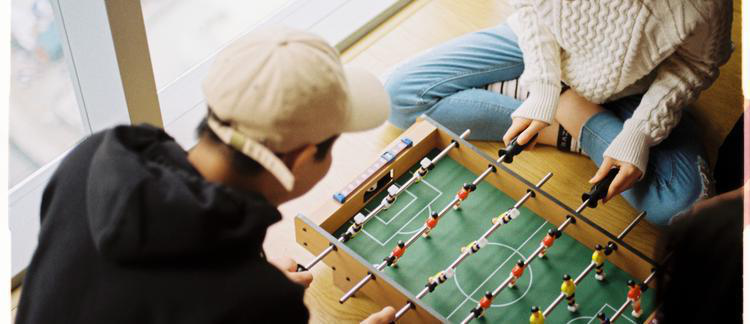Abstract
The purpose of the article is to expand on the knowledge of playful learning in higher education through a Design-Based Research study across Danish social education and teacher education. It aims to develop a conceptual framework for playful learning in boundary-crossing collaboration within higher education pedagogy, with the study's empirical analysis examining three distinct voices of playful learning of experimentation (e.g., explorative, open-ended, creative collaboration), affectivity (e.g., emotional, sensory, and atmospheric collaboration), and relations (e.g., cultural, democratic, and polyphonic collaboration). The voices are polyphonic, though they are all expressed as social, active, and experiential ways of knowing and learning situated in playful framings outside 'ordinary' taéaching and learning. Finally, the article discusses tensions in developing playful learning in boundary-crossing collaboration between paradoxical longings for both conceptual unity and diversity, amid control and openness, which influences both practical applications and theoretical implications of developing playful learning in adult higher education.
Keywords
playful learning, higher education, collaboration, boundary-crossing, tensions
How to Cite
Holflod, K., (2022) “Voices of Playful Learning”, The Journal of Play in Adulthood 4(1), 72-91. doi: https://doi.org/10.5920/jpa.1007
3764
Views
457
Downloads

